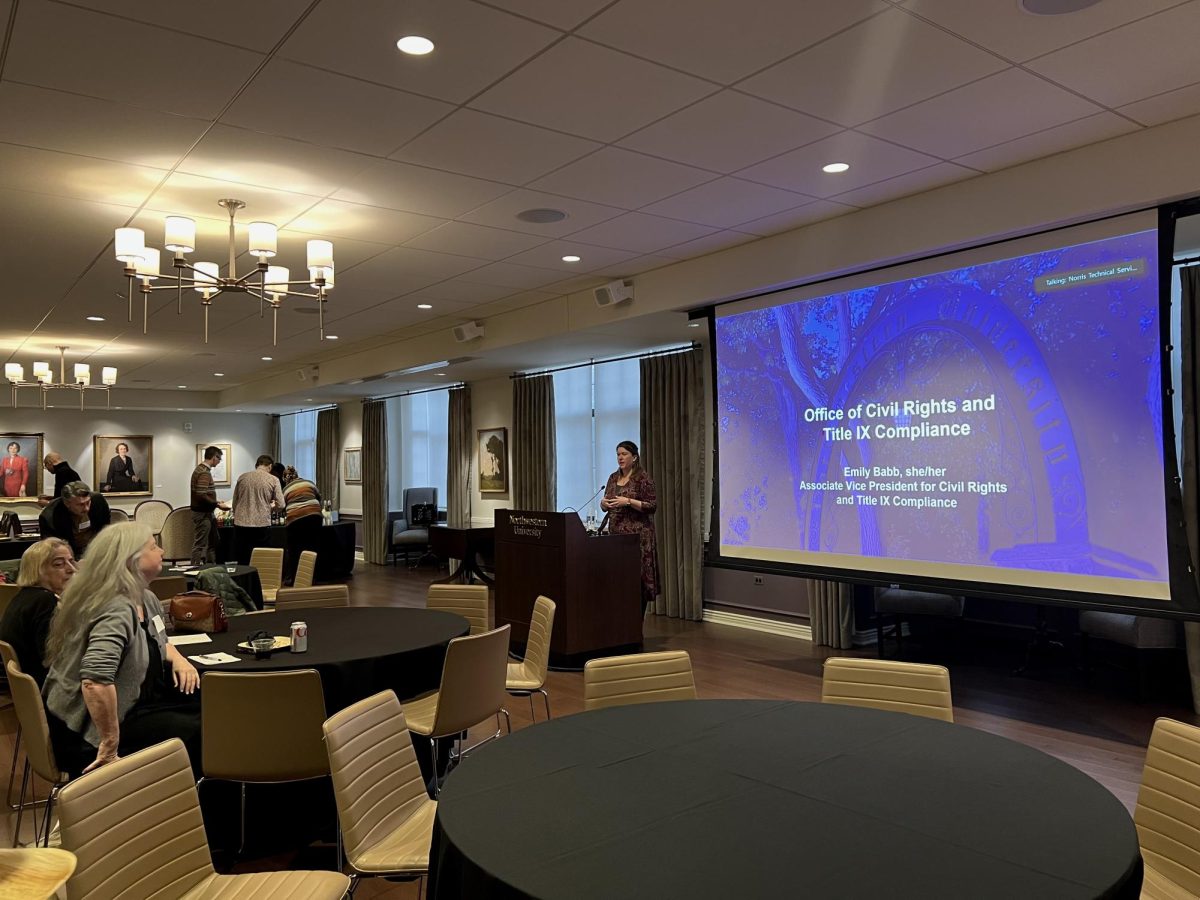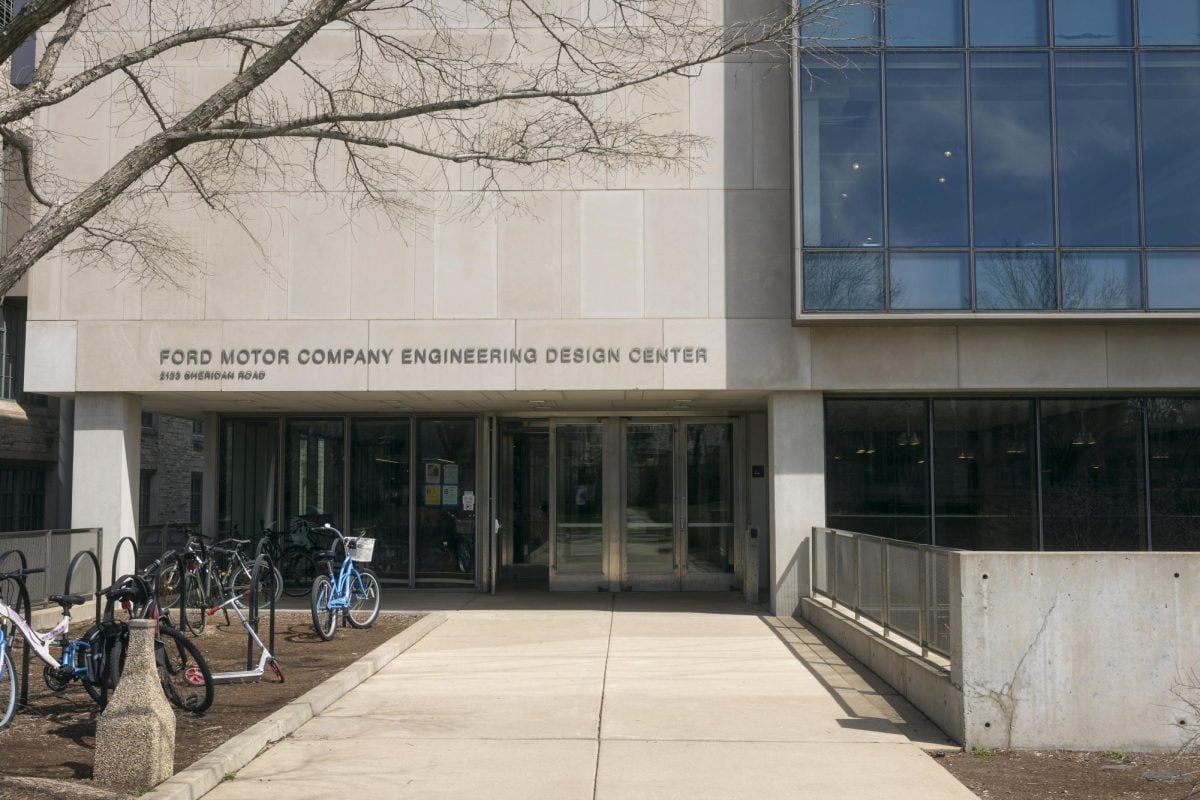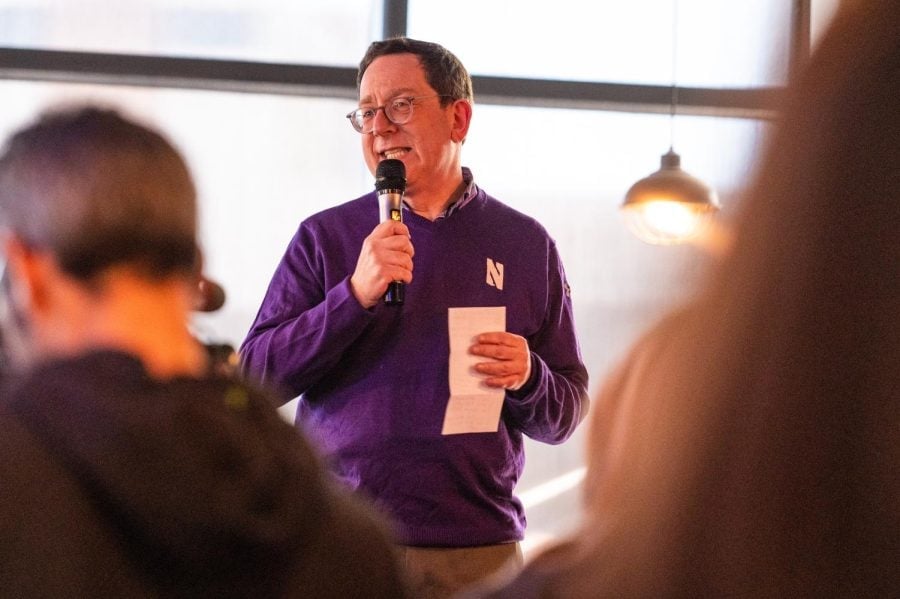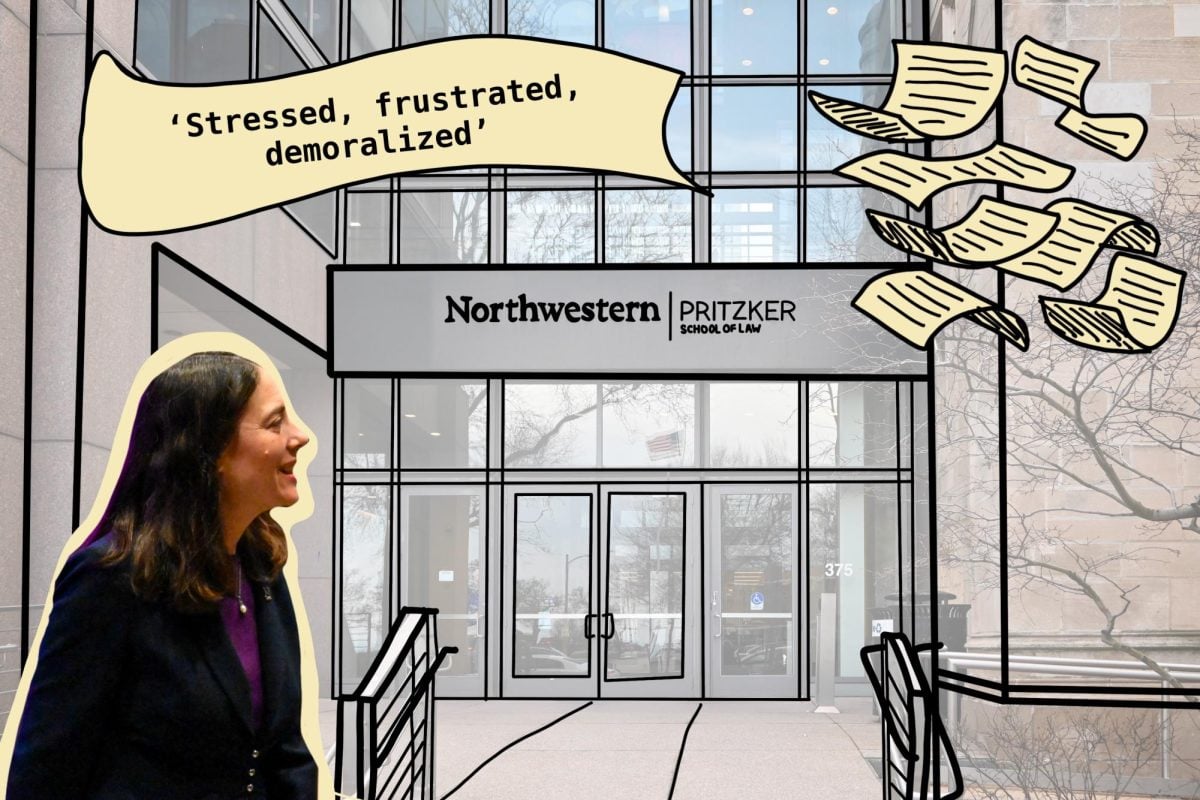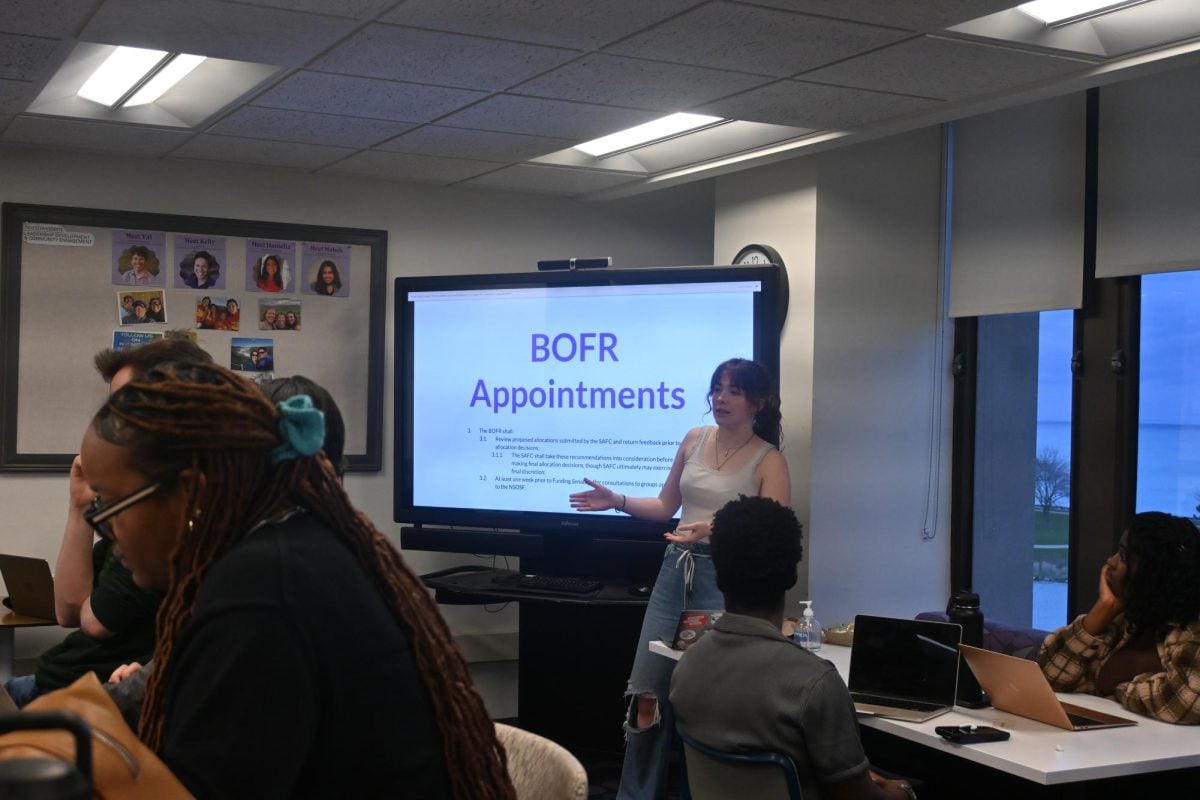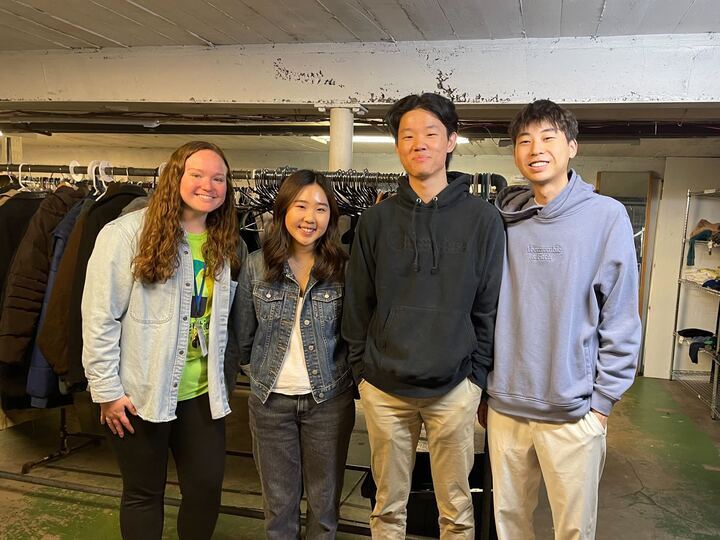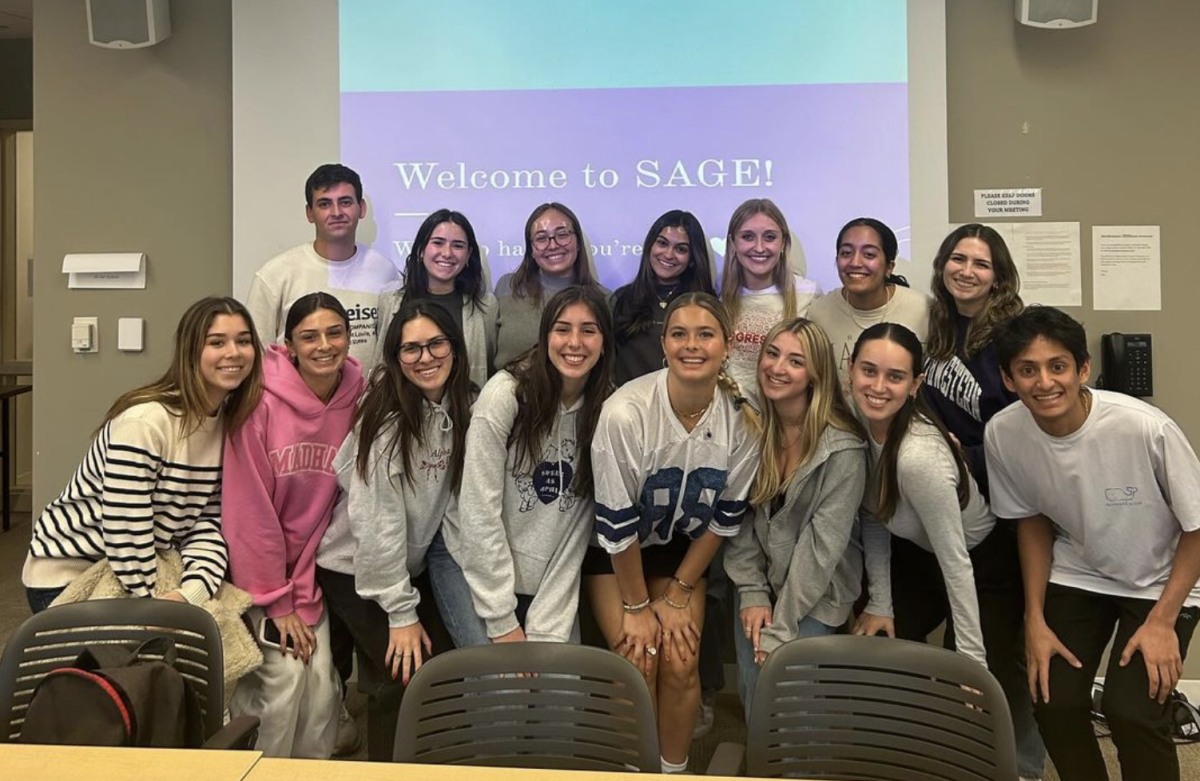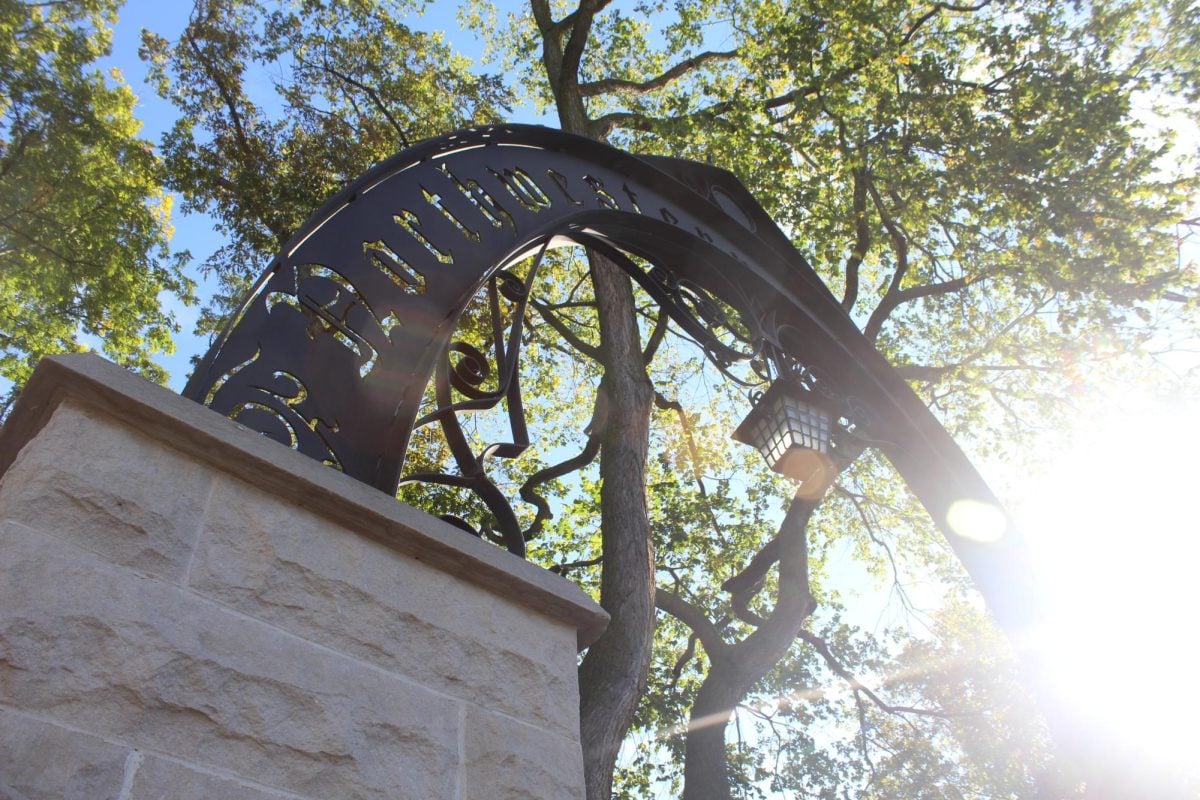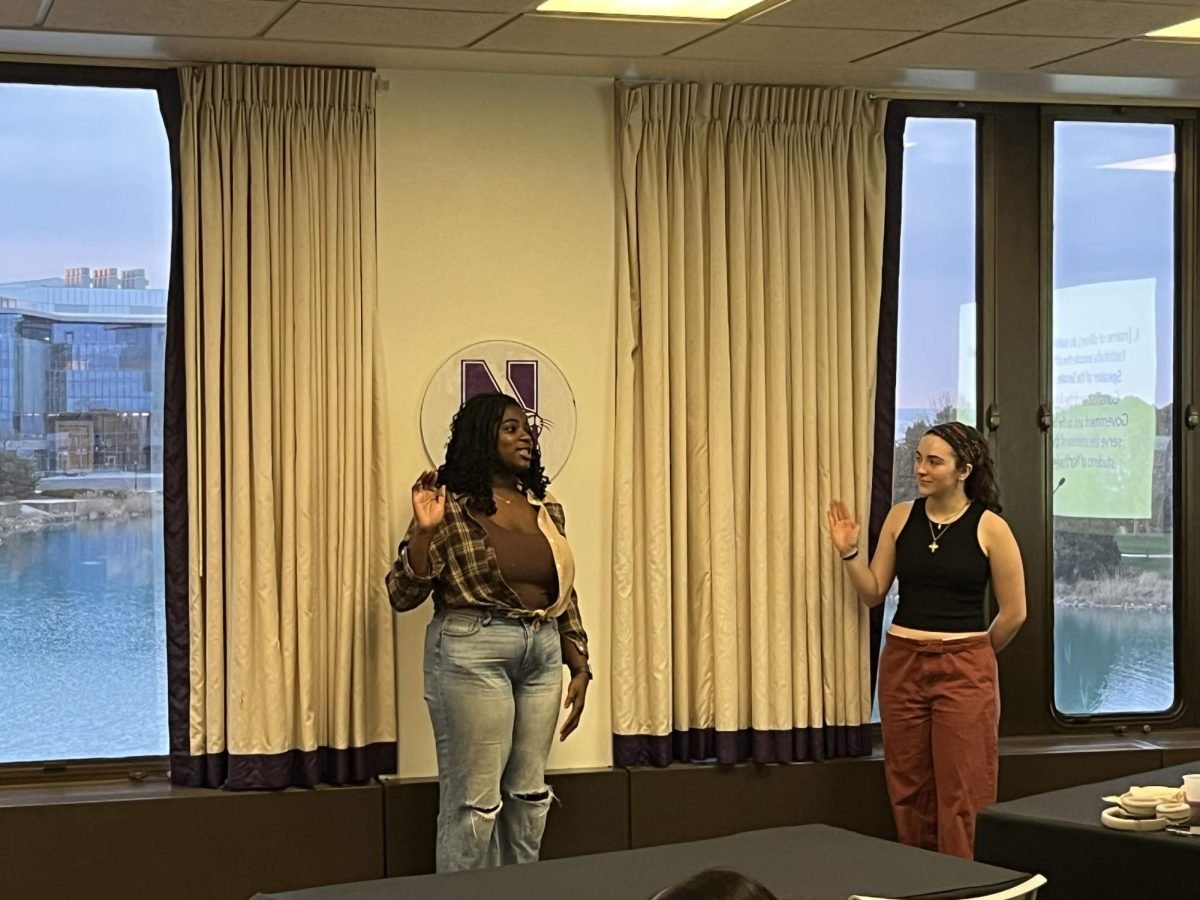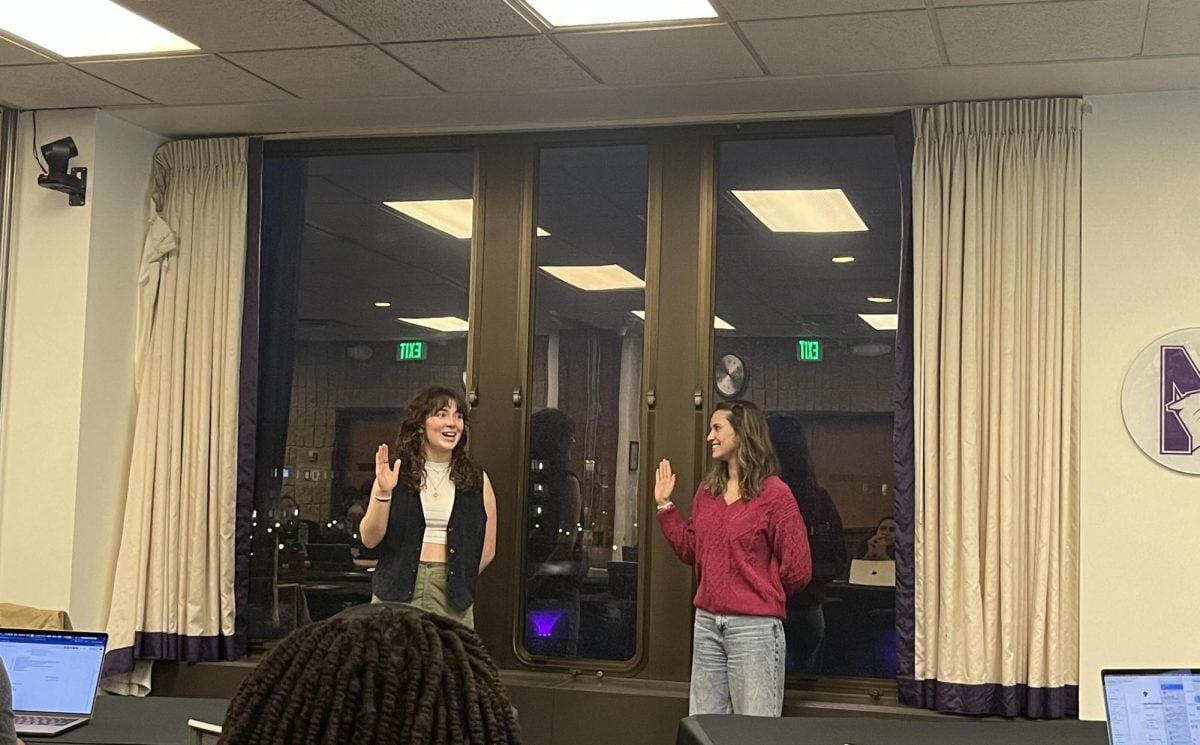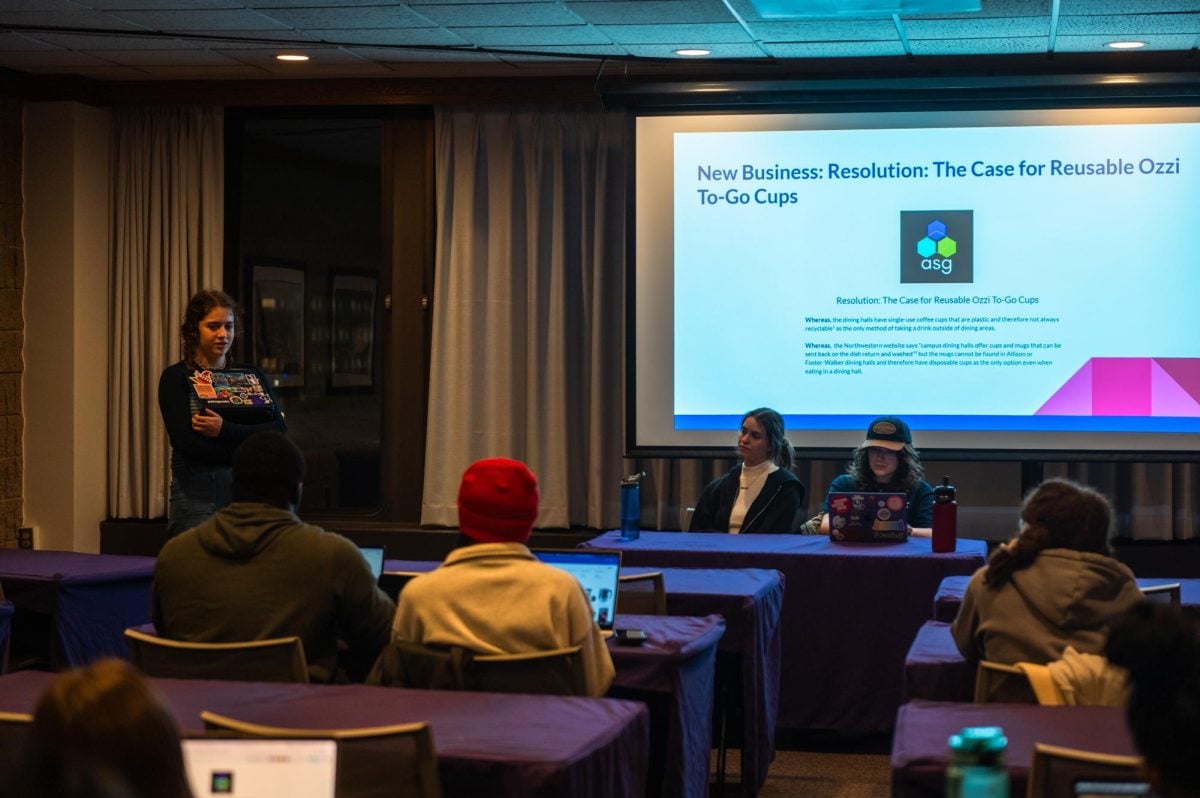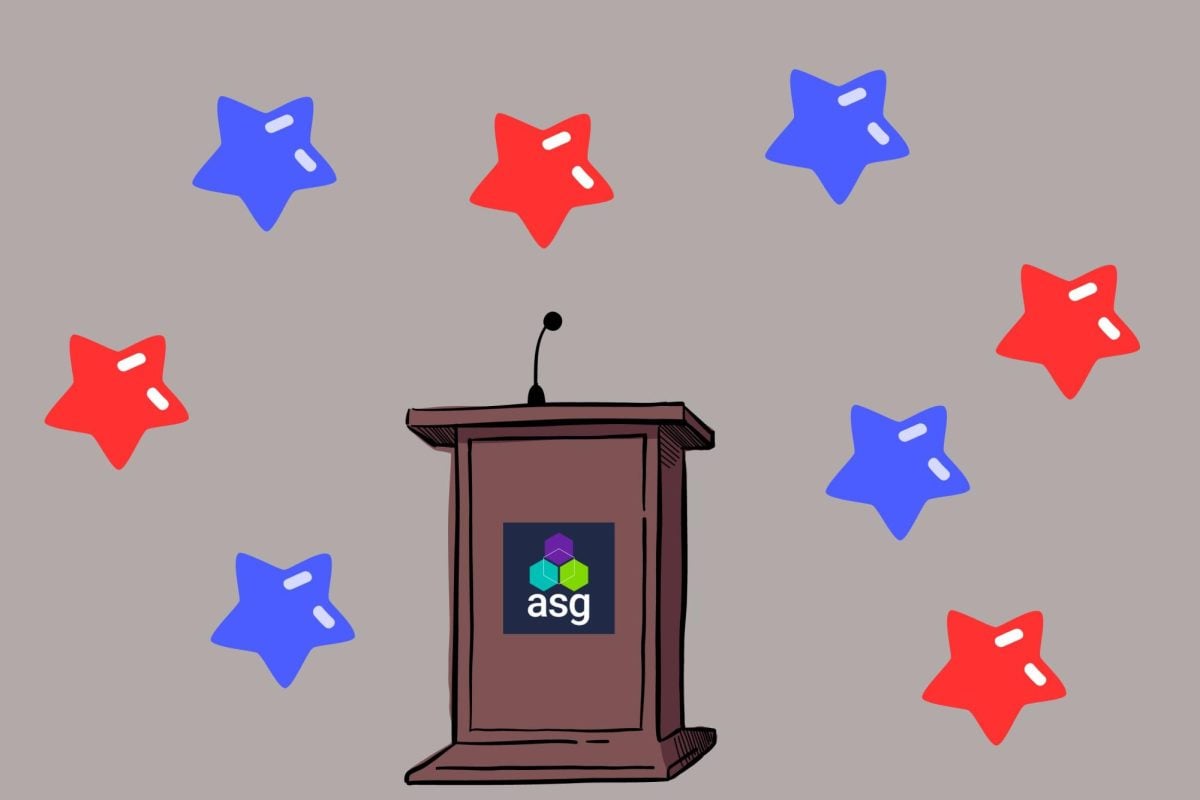
After Associated Student Government released its top ideas for the 10K Initiative in early March, some students were surprised only four of the six would receive full funding if chosen.
The ASG 10K Initiative committee chose the options out of 500 submissions it found feasible and affordable: outdoor benches, a Willie the Wildcat statue, an outdoor film series, picnic tables, front-end composting and hammocks.
However, the Division of Student Affairs only agreed to donate $5,000 if either of the last two initiatives were chosen, said Brad Stewart, ASG vice president. The other half of the funding comes from the Student Activities Fee, which ASG fully controls, the Medill senior said.
Burgwell Howard, assistance vice president for student engagement, said he is aware of the conditions placed on the division’s contribution but was not “directly involved” in the decision.
“The money that was provided by the Division of Student Affairs had some restrictions on it, but we still wanted to give students the option to fund some of their ideas with ASG funding,” Stewart said. “All of those submissions that were finalized were submitted by multiple students, and they were also ones that were the most feasible and that can be accomplished with the initiative.”
Former ASG president Austin Young created the 5K Initiative last year to find and fund a student-selected way of improving campus life. Weinberg senior Amalia Namath, who helped with Young’s efforts and sits on this year’s committee, said many students don’t realize how much research for each idea happens behind the scenes.
“People have a lot of really great ideas, but there’s so many factors that we have to go through as a committee to get those ideas approved,” Namath said. “Some other ideas that were submitted are actually in the works by the administration, so there would be no reason for ASG to fund those ideas.”
This year’s idea selection process has not been without controversy. Some students questioned the reasoning behind allowing full funding for a Wildcat statue and only half for front-end composting if either were chosen by the student voters.
“They felt that the options they were given weren’t very beneficial to the school,” said Chandler Dutton, who sits on the ASG public relations committee. “A lot of the ideas had to do with the aesthetics of Northwestern, such as flowers and benches, and students aren’t really interested in that.”
Patricia Telles-Irvin, vice president for Student Affairs, agreed to fund only projects that she found to be community-building, said Stewart. He said Telles-Irvin particularly supported building a Wildcat statue.
Similar statues at other universities, specifically the Gator statue at Telles-Irvin’s former workplace the University of Florida, have become part of community traditions.
“It’s a really cool photo opportunity for students looking to go to the college, and there’s a tradition that every student takes a photo with the statue,” Stewart said. “Much like The Rock is for us.”
Although the Division of Student Affairs didn’t see how front-end composting could build community, Mark Silberg, ASG vice president of sustainability, said his close experience with environmental efforts has proven otherwise.
“For me, if it’s a project that students want, you’re already building community right there,” the Weinberg junior said. “You look at the trend of all these student groups such as Dance Marathon and Mayfest approaching ASG and the Office of Sustainability, asking how to be more responsible towards the environment … What we’re doing is creating cross-community culture and ethics.”
Reached Tuesday morning, Telles-Irvin’s office said she would not be able to comment by the end of the day.
Although Silberg found the Division of Student Affairs’ reluctance to fund the idea disappointing, he said the front-end composting could still be adequately supported by ASG’s portion of the funding. By working with major student groups on campus, he said this “would not dampen” their efforts in any way.
Howard said the division has “always had a great relationship with ASG,” and he supports the six ideas due to their permanence.
“It wouldn’t be effective to give everybody a slice of pizza,” Howard said. “That’d be great, but you wouldn’t remember that five minutes later.”
Voting for the 10K Initiative concluded on March 22. Stewart said ASG plans to release the results of the student vote in the coming weeks.



